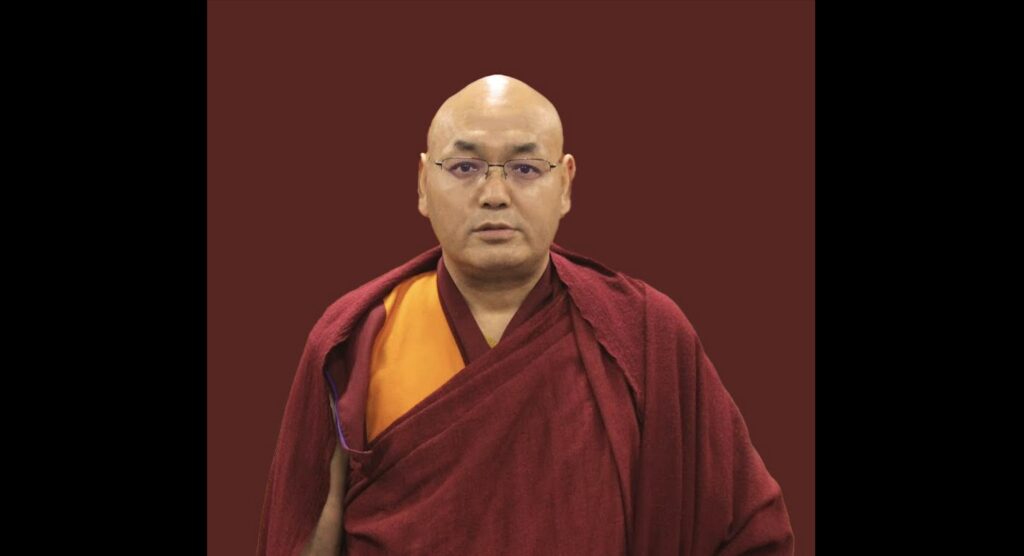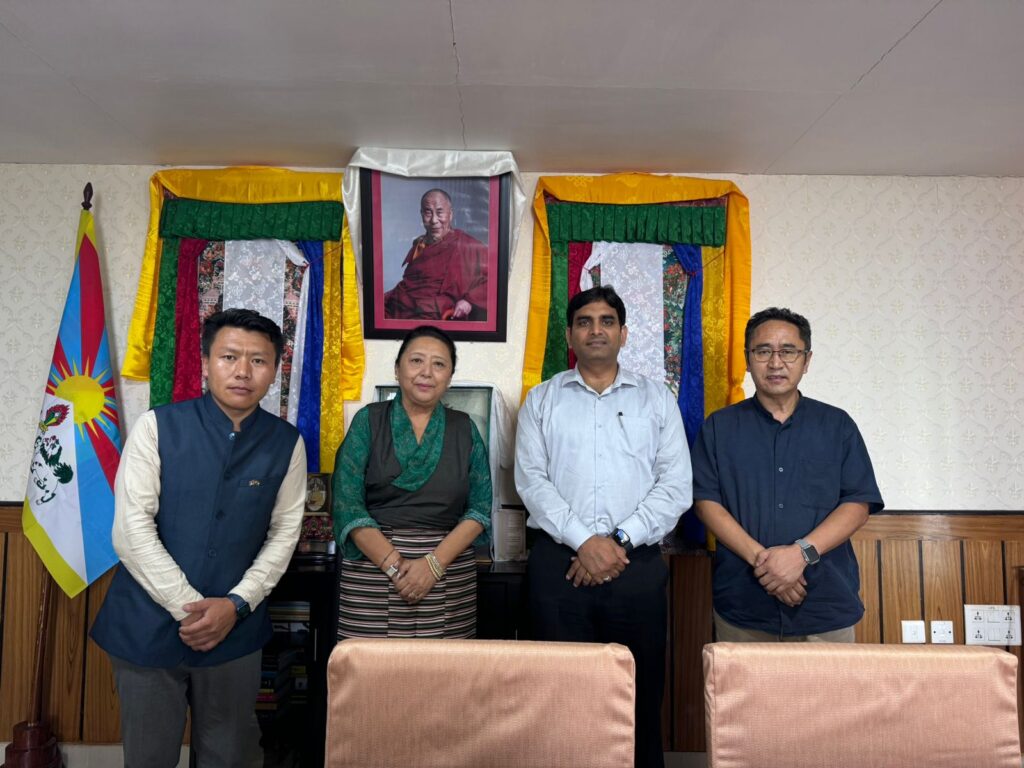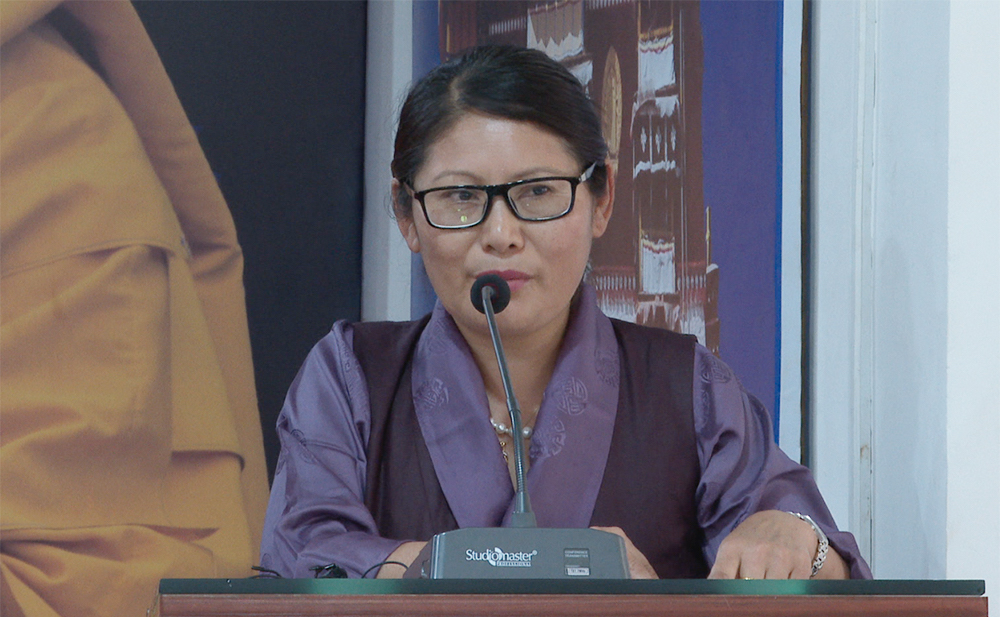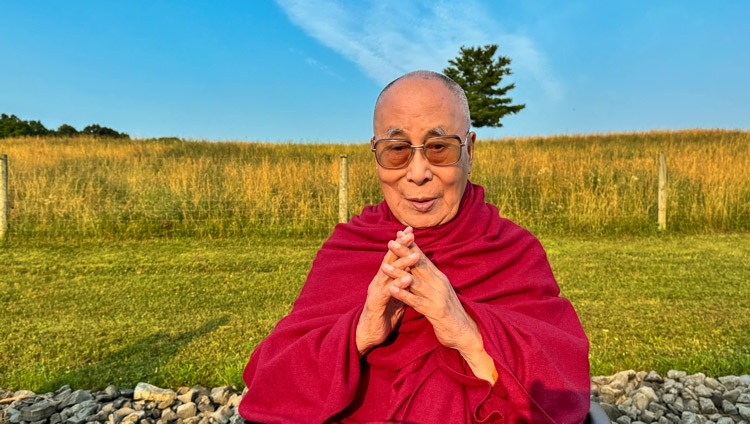Dharamshala: His Holiness the Dalai Lama wrote a message about embracing and promoting non-violence and compassion to resolve conflicts in today’s world on the occasion of the 75th anniversary of the adoption of the Universal Declaration of Human Rights.
The 88 year old Tibetan spiritual leader said that the occasion reminds of a landmark document in the history of the planet.
“The declaration affirms that all human beings have the right to freedom from want and freedom from fear. These human rights are inclusive, interdependent and universal”, he said and expressed optimism that people throughout the world are increasingly conscious of the fundamental value of human rights.
His Holiness further talked about the desire for change in the world to opting a non- violent approach to resolving conflicts peacefully, on the basis of dialogue.
The kind of change, he added, that upholds human rights and human dignity.
“We need effective international action to address global issues from the perspective of the oneness of humanity, and from a profound understanding of the deeply interconnected nature of our world”, said His Holiness.
He emphasised that loving kindness and concern for others are the core qualities that form the basis of survival and urged the need to make greater efforts to sustain and develop these qualities without seeing others in terms of ‘us’ and ‘them’. He discouraged basing distinction on political or religious differences.
“The aspiration for democracy and respect for fundamental human rights are as important to the people of Africa and Asia as they are to those in Europe or the Americas”.
His Holiness further pointed out that economic disparity is a significant contributor to social disharmony, ill health, suffering and even armed conflict. The gap between the ‘haves’ and “have-nots’,he said, is a major problem. He called out the international community do whatever it can to bridge this economic disparity.
His Holiness lamented over the last century’s recourse to intimidation, violence and bloodshed to settle disputes rather than adopting an entirely peaceful approach to resolving conflicts by engaging in dialogue. “Resorting to violence leaves nothing but destruction and human tragedy in its wake, while sowing seeds for a recurrence of violence in the future”, added the Nobel Laureate. He promoted the concept of non-violence (ahimsa) and compassion (Karuna) as the basis to resolve disputes.





